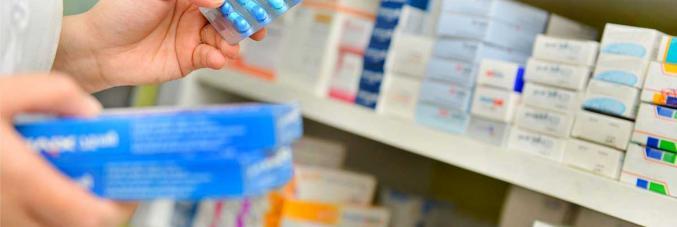
Pharmaceuticals and new SARS-CoV-2 mutations: the computational study of the University of Padua
19.10.2022
One of the most insidious questions in the antiviral treatment of SARS-CoV-2 is how effective current pharmaceutical products are concerning new mutations.
To answer the question, the international research group coordinated by Prof. Dorothee von Laer of the Virology Division of Innsbruck Medical University ensembled a laboratory with all the possible variations (mutations) of one of the target proteins of an important family of antiviral drugs.
The efficacy of the drugs in use, such as nirmatrelvir or ensitrelvir, was therefore experimentally determined to anticipate what new mutations could reduce or eliminate their therapeutic efficacy. A team of researchers from the University of Padau, coordinated by Professor Stefano Moro, participated in the workSARS-CoV-2 3CLpro mutations selected in a VSV-based system confer resistance to nirmatrelvir, ensitrelvir, and GC376 published inScience Translational Medicine.
The team is part ofthe Molecular Modeling Section of the Department of Pharmaceutical Sciences of the University of Padua whose mission is the development and application of IT-computational methodologies that supports the design, identification and optimization of new pharmaceuticals.The research group also carried out the same study using computational techniques.
Results obtained from this study found thatall mutants that experimentally demonstrated a reduction in activity against the antiviral drugs analyzed were correctly predicted by the Padua computational study. This allows us to interpret the reasons at a molecular level by analyzing the individual interactions between drug and protein that were to change in the various mutants.
Authors from the University of Padua Department of Drug SciencesMatteo Pavan, Davide Bassani and Stefano Moro explain,
"The good predictive capacity of the computational methods used in this study opens the possibility for other molecular targets of therapeutic interest, for which the resistance aspect represents a relevant clinical problem. Thus providing support to the experimental techniques of molecular biology and biochemistry routinely used in the identification of new drug candidates.”



